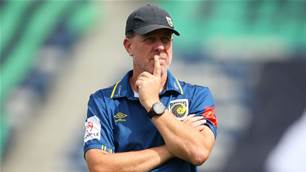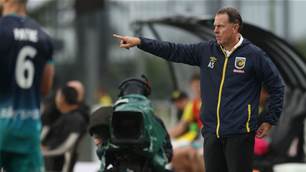The 2018-19 W-League season saw Perth Glory appear in their third grand final in five years.
Their captain and proud West Australian Sam Kerr is arguably the most talented player in Australia while there are five WA players across the Young Matildas and Junior Matildas teams.
So, it would seem strange to suggest that all is not rosy in the West.
It’s an unfortunate fact that Glory has failed to win in three grand finals and that WA has not produced a Matilda since Kerr made her debut a decade ago.
It’s also fair to say that Glory derives much of its success because of Kerr and players from the United States and interstate, rather than from an abundance of locally produced talent.
In most other states, a National Premier Leagues Women (NPLW) competition is in place with club coaches holding appropriate coaching qualifications, having a structured junior development program and a football department to oversee all of this.
By having this well-structured and well-coached junior program, clubs aim to produce local talent for youth national teams, W-League and Matildas.
Sadly, WA has no NPLW and the only criteria a club has to meet in order to play in the Women’s Premier League is for them to field an U23’s reserve team.
As a result, only three of the six teams have any junior structure in place, and there are no requirements for the coaches to hold coaching badges unless mandated by their clubs.
Many in the state feel the lack of an NPLW is hurting the game. They want Football West to mandate minimum standards for premier league clubs for junior development and coaching appointments until the time comes for NPLW to be implemented.
So far there is little sign of this happening.
Related Articles

Stajcic lands Wanderers job as Lederer quits

Pelligra's $4m annual Perth Glory pledge seals takeover deal












